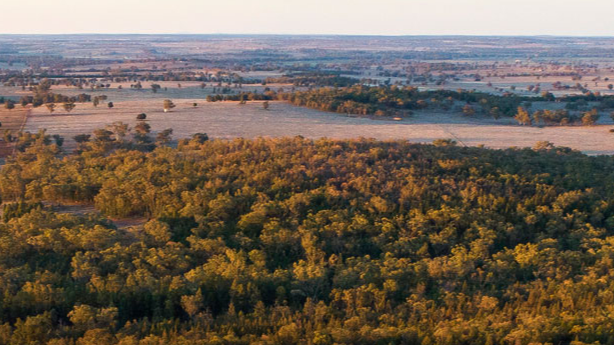Australian rare earths developer ASM eyes US defence funding

Rare earths developer Australian Strategic Materials (ASM) sees more funds becoming available for rare earths projects from the United States Department of Defence even if there is a change in administration, its CEO said on Tuesday.
Rare earths have strong magnetic qualities which make them key to applications from smart phones to laser guided missiles. Australia is classified as a domestic supplier to the United States for defence purposes.
“The magnet supply chain is actually in a really good position, regardless of which (US) government comes in,” CEO Rowena Smith told Reuters.
Smith said that Australian firms can potentially access US Department of Defence funding under the newly set up Office of Strategic Capital.
“When I met with them, they were… very confident that they had bipartisan support,” she told Reuters on the sidelines of the International Mining and Resources Conference (IMARC) conference in Melbourne.
“They’re expecting to come out of this calendar year with momentum. They asked me to come back February and talk to them again. So yeah, we’re feeling very optimistic of regardless of what the outcome is,” she said.
Context
ASM has been building funds to finance the development of its Dubbo rare earths project in Australia’s New South Wales state. It estimated in late 2021 that the project would cost A$1.678 billion ($1.10 billion).
ASM has already received a letter of interest for a debt funding package of up to $400 million from Canada’s official export credit agency and a promises for $600 million from the US Export-Import bank.
The Pentagon’s Office of Strategic Capital has recently been set up to distribute funds that are meant to seed investment in the defense industrial base’s supply chain.
What’s next
ASM is targeting a final investment decision for the first half of 2026 although a study is underway to potentially fast track production.
($1 = 1.5223 Australian dollars)
(By Melanie Burton; Editing by Michael Perry)
More News
{{ commodity.name }}
{{ post.title }}
{{ post.date }}




Comments
Rare Earths Investor
While both Democrats and Republicans may be focused on the development of the RE value chain as support for both future military and commercial product manufacture they may have differing views re., the situation of such a chain; especially the mining. Biden support has gone to RE miners in Brazil, AUS and South Africa. The move involving within US borders ARR has yet to be verified by Harris, should she win. Harris will have to contend with an anti mining lobby. Trump is very much a within US borders supporter with less enthusiasm for US dollars supporting non US based projects (supported within US MP, Lynas, REEMF and Noveon in his former admin’). We will see where DoD and Federal money is focused after the election. GLTA – REI